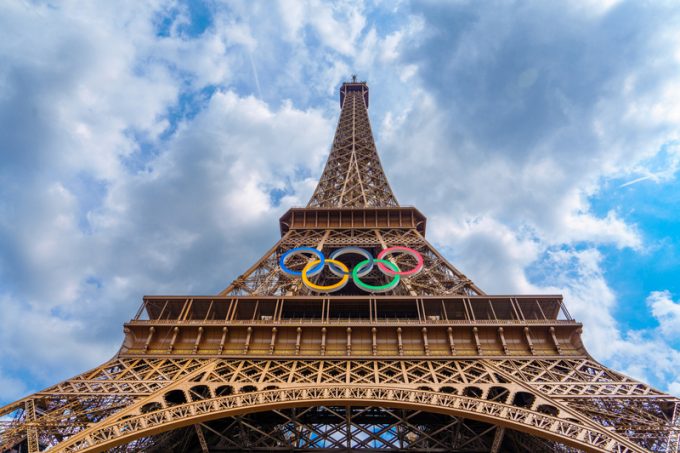P: French left set to beat Le Pen’s far right in election shock
POLITICO reports: The left-wing alliance in France is on course to win the most seats in ...

Fears the Paris Olympic, and Paralympic, Games, with the opening ceremony this evening, could be blighted by industrial action in the transport sector have not materialised, and attention had turned to the promise of a grandiose and unique show for audiences worldwide.
The centrepiece is an 85-strong flotilla of vessels on the river Seine, with delegations from more than 200 countries on board.
The French authorities acted swiftly to offset any risk of labour unrest bringing chaos to the first Olympiad to ...
Asia-USEC shippers to lose 42% capacity in a surge of blanked sailings
USTR fees will lead to 'complete destabilisation' of container shipping alliances
New USTR port fees threaten shipping and global supply chains, says Cosco
Outlook for container shipping 'more uncertain now than at the onset of Covid'
Transpac container service closures mount
DHL Express suspends non-de minimis B2C parcels to US consumers
Zim ordered to pay Samsung $3.7m for 'wrongful' D&D charges
Flexport lawsuit an 'undifferentiated mass of gibberish', claims Freightmate

Comment on this article